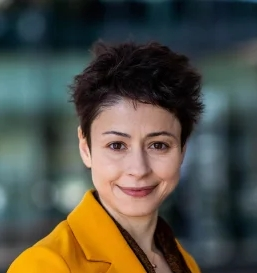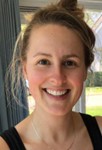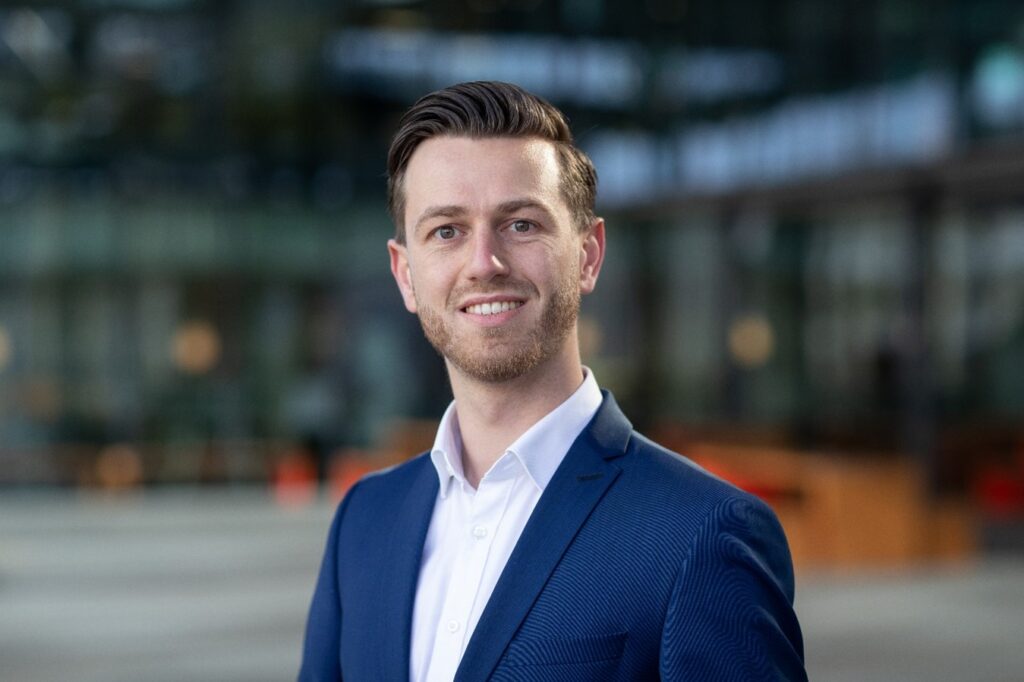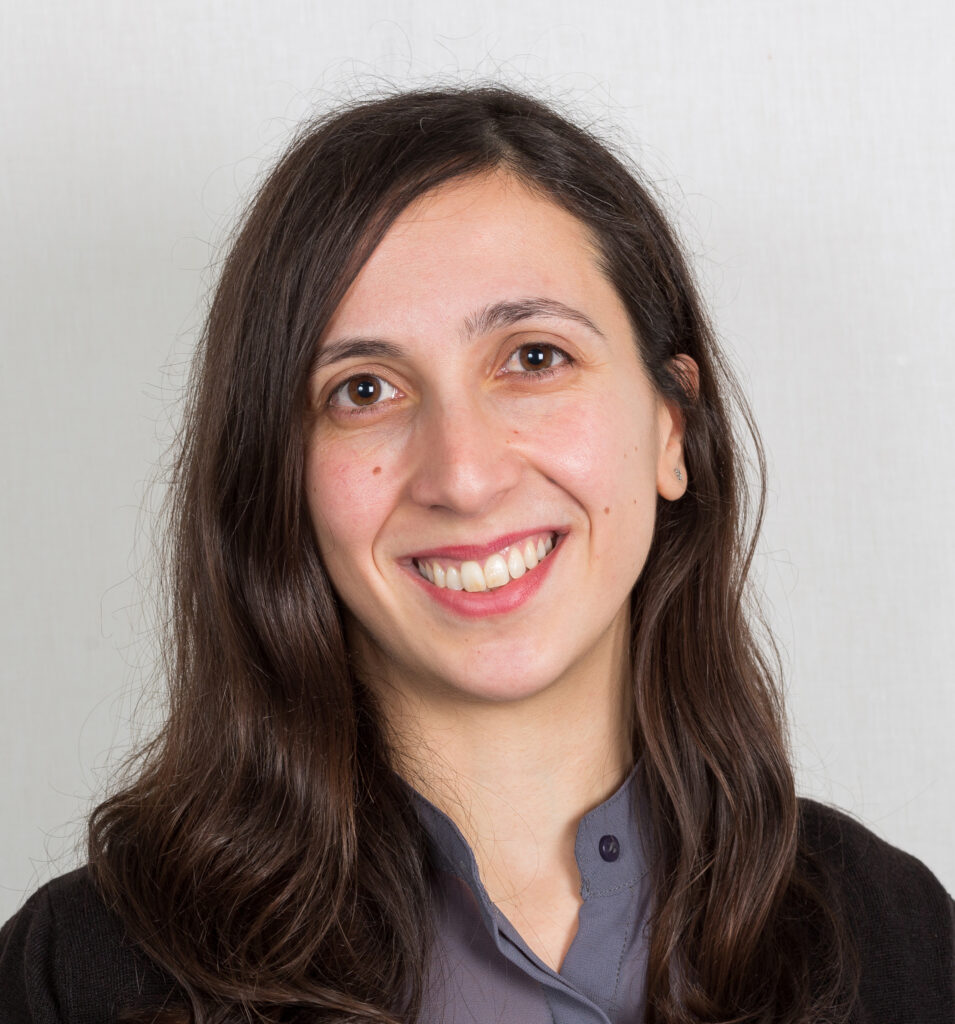Overview all speakers:

Gustavo Arciniegas
About Gustavo
Consultant/advisor in the fields of collaborative GIS, Geodesign, Circular Economy, Sustainable and Spatial Planning. Gustavo holds a Ph.D. in ‘Map-based decision support tools for collaborative land use planning’ from VU University Amsterdam, the Netherlands, an M.Sc. degree in Geoinformatics, and a B.Sc. degree in Civil Engineering. I specialize in the integration of GIS, SDSS, PSS and geo-instruments for collaborative spatial decision-making, geodesign, workshop and living lab settings, focusing on sustainable and inclusive planning.
Abstract presentation
REPAiR was an EU-funded Horizon 2020 project, which ran from 2016 to 2020, and aimed to provide local and regional authorities with a transdisciplinary open source geodesign decision support environment (GDSE) developed and implemented in living labs in six metropolitan areas. The GDSE allows for the co-creation of integrated, place-based eco-innovative spatial development strategies aiming at a quantitative reduction of waste flows in the strategic interface of peri-urban areas. The GDSE features an open source prototype web application that supports both the decision-making process and the research required for each of the five steps to guide the living lab process that starts with identifying a key waste flows, continues with mapping these flows, and ends with proposed spatial interventions to reduce waste quantities in these flows. The GDSE was implemented in Amsterdam (NL), Naples (IT), Gent (BE), Hamburg (DE), Pécs (HU) and Wroclaw (PL).

Banu Aysolmaz
Assistant professor in the Department of Industrial Engineering & Innovation Sciences at Eindhoven University of Technology (TU/e)
About Banu
Banu Aysolmaz is an assistant professor in the Department of Industrial Engineering & Innovation Sciences at Eindhoven University of Technology (TU/e). Her research interests center around innovation in business models and business processes, specifically through the use of emerging digital technologies, such as advanced data analytics and artificial intelligence, for digital innovation and transformation. She investigates the organizational capabilities and factors needed to derive business value from such systems. She studies the operationalization and performance monitoring of business models through processes. She particularly focuses on digital transformation for circular and sustainable business models and processes. She received her PhD in information systems and obtained a Marie Curie fellowship for postdoctoral research. She has substantial industrial experience as a software developer and project manager. She has led various projects as a consultant in business process management, digital transformation of business processes, and software process improvement. You can reach her at https://www.tue.nl/en/research/researchers/banu-aysolmaz
Abstract presentation
Title: Digital circular business models: example of blockchain
A business model describes how an organization creates, delivers, and captures value. Circularity changes the value organizations offer and, thus, their business model. Digital technologies enable the realization of circular strategies in various ways to create circular value through innovative business models. In this talk, I will introduce the foundations of digital circular business models and present a framework for using different digital technologies to enable specific circularity strategies in manufacturing. I will
go over an example technology, blockchain, to depict how it can enable the design of circular business models based on our experiences in a petrochemical manufacturing ecosystem. I will briefly cover the importance of performance measurement for business models for achieving circularity objectives.

Luc de Horde
Strategic advisor on environmental information at the province of Utrecht.
About Luc
Luc is a strategic advisor on environmental information at the province of Utrecht. In this role, he is also program manager Digital Twin. The scope of this programme focuses on healthy spatial planning. He has experience with the implementation of calculation models in spatial planning.
Another important part of his job is information management for spatial assignments at the province.
Luc has also contributed to the development of information models and standards for spatial regulations, such as IMRO (Wet ruimtelijke ordening) and STOP/TP (Omgevingswet) from Geonovum.
His background is cartography and geo-information systems.
Abstract presentation
Due to its increasing complexity and urgency, the spatial task in the Netherlands requires better digital tools. While the process currently relies on static data (such as PDFs), a digital twin makes it possible to calculate many policy objectives dynamically and integrally, faster, earlier and better in one environment. By doing this in a visually appealing 3D environment, it becomes easier for residents, administrators and other stakeholders to understand what changes are proposed and what the effect of these changes is.
The presentation focuses on the implementation of the ‘Healthy Area Development (Gezonde Gebiedsontwikkeling: GGO) methodology’ in the province of Utrecht, with a focus on the use of a digital twin. The GGO methodology was developed by the province of Utrecht and offers an integrated approach for area development, in which changes in the living environment are modeled, analyzed and visualized based on indicators.

Florijn Dekkers
About Florijn
During the past 10 years, while working as a scientist in academic research, I have had the opportunity to develop technologies for bridging the gap between basic research and clinical applications (Dekkers et al., Nat Med, 2013; Dekkers et al., Nat Biotech, 2021). Through learning about the various ways to minimize the ecological footprint of science, I co-founded Green Labs Netherlands in 2021. Recently, I have directed all my activities toward the transition to a healthy, just, and sustainable society. I now work with great pleasure and passion as a change-maker in the Planetary Health Impulse Team to accelerate the integration of planetary health in the Faculty of Medicine (UMC Utrecht) and as the Scientific Coordinator for Circular Safe Hospitals (Institute for a Circular Society – EWUU Alliance) to accelerate the transition towards circular research and healthcare (UMC Utrecht).
Abstract presentation
The digitization of the science and healthcare sectors brings many useful applications but also presents significant ethical and environmental challenges. This presentation addresses the impact of data storage and computer calculations and focuses on a fun and effective way to increase awareness and save energy consumption: organizing a data cleaning challenge.

Alex Donkers
Postdoctoral researcher in the Information Systems in the Built Environment group
About Alex
Alex is a postdoctoral researcher in the Information Systems in the Built Environment group, performing research in the ITEA4 FireBIM project. He is simultaneously finishing a PhD in collaboration with Royal KPN in SmartTWO, Flagship Telecom. Before this, Alex obtained an MSc degree in Construction Management and Engineering (cum laude).
His research concentrates on digitalization in the built environment, covering topics including semantic web technologies, linked building data, ontology development, data modeling, openBIM, digital twins, data federation, web applications, sensors and IoT, (occupant-centric) design and decision support tools, and symbolic and statistical artificial intelligence. In his postdoc, he is creating a web-based BIM platform for cross-disciplinary collaboration and assessment of fire safety to support building designers across European borders.
Alex published peer-reviewed articles in among others Automation in Construction, Semantic Web Journal, Building Research & Information, presented at multiple (inter)national conferences, and co-chairs the W3C Linked Building Data Community Group.
Abstract presentation
Data in the built environment are extremely scattered. They are stored in different file formats and locations, created by various stakeholders in different software packages during various lifecycle stages, and often follow specific domain languages and rules. This work shows how semantic web technologies can be applied to create so-called Semantic Digital Twins, alleviating some of the issues arising from the heterogeneity of these data. On top of those semantic web technologies, a web-based BIM platform is created, enabling end-users to interact with the integrated data and visualize information from different sources in a single 3D model.
Circularity in the built environment is one of those cases where information is created by many stakeholders over a long period of time. This presentation is an open discussion on how those technologies can be applied to integrate such information and how this could lead to more insights and potentially better decision-making.

Ric Hoefnagels
Assistant Professor at the Copernicus Institute of Sustainable Development, Utrecht University University
About Ric
Ric Hoefnagels is an Assistant Professor at the Copernicus Institute of Sustainable Development, Utrecht University. He primarily researches topics related to the biobased economy, with a main emphasis on biobased supply chains. Furthermore, he teaches in various courses at MSc and BSc levels on sustainability assessment tools, including life cycle assessment (LCA).
Abstract presentation
Unused medication, stemming from excessive packaging or inflexible dosing, contributes to substantial waste and environmental harm. Manual tablet crushing is a common practice to adjust doses for certain patients, such as neonates and toddlers, and in veterinary care. However, this method increases medication waste and pollution. The lack of dosage flexibility in conventional tablets exacerbates this issue. Precision pharmacy, enabled by advancements in genomics and pharmacology, promotes dosing tailored to individual needs. mini-tablets offer a solution, allowing precise dosing adjustments and stability across age groups. If embraced by the pharmaceutical industry, mini-tablets could significantly reduce drug waste and environmental impact. In this project, we investigate different aspects to facilitate the adoption of mini-tablets. We will present the latest results from a life cycle assessment of mini-tablets and a compaction simulation approach for the manufacturing of mini-tablets to support their environmentally-conscious development.

Laura Piscicelli
Assistant Professor in the Innovation Studies group at the Copernicus Institute of Sustainable Development, Utrecht University
About Laura
Laura Piscicelli is Assistant Professor in the Innovation Studies group at the Copernicus Institute of Sustainable Development, Utrecht University (the Netherlands). Prior to this, she was a Research Fellow in Strategy, Innovation & Business Models at Bayes Business School – City, University of London (UK) and a postdoc at University of Twente (the Netherlands). She obtained her PhD at Nottingham Trent University (UK), with a thesis on the role of consumer values in the acceptance, adoption and diffusion of peer-to-peer sharing platforms.
Laura’s research interests include the circular economy, digital innovation, sustainable business and consumer behaviour. She serves as Editorial Board member for the journal Sustainable Production and Consumption.
Laura is currently involved in the projects:
- INTRANSIT (Innovation Policy for Industrial Transformation, Sustainability and Digitalization) funded by the Research Council of Norway;
- ESCH-R (Evidence-based Strategies to create Circular Hospitals: Applying the 10-Rs framework to healthcare) funded by NWO;
- UPSCALE: Cross-linking, Tracing and Reusin Construction and Demolition Waste across Circular Supply Networks in Construction, funded by NWO.
Abstract presentation
Digital technologies — such as the Internet of Things, big data and advanced analytics, additive manufacturing and 3D printing, blockchain and online platforms — are regarded as key enablers for a circular economy. A systematic literature review and analysis of 48 scientific articles published in the last five years was conducted to identify the first-, second- and third-order sustainability effects of a digital circular economy. Second-order environmental effects such as improved resource efficiency and reduction of emissions, waste and material use in products and production processes are often envisaged. However, limited attention is given to social and economic impact, and rebound effects. Existing literature also lacks a solid assessment of actual (vs expected) impact, and a more balanced consideration of negative (vs positive) effects.

Julian Quodbach
Assistant Professor in the division of pharmaceutics at the Utrecht Institute for Pharmaceutical Sciences (UIPS), Utrecht University
About Julian
Julian Quodbach is Assistant Professor in the division of pharmaceutics at the Utrecht Institute for Pharmaceutical Sciences (UIPS), Utrecht University. His research focus are additive manufacturing (3D-printing) technologies for the manufacturing of individual and small batch medications and the investigation of tablet compression and disintegration phenomena.
Additive manufacturing technologies are inherently suitable for the manufacturing of low volumes but their fundamental principles and potential are still poorly understood. Julian Quodbach works on building the knowledge to transfer these technologies into practical application.
Abstract presentation
Unused medication, stemming from excessive packaging or inflexible dosing, contributes to substantial waste and environmental harm. Manual tablet crushing is a common practice to adjust doses for certain patients, such as neonates and toddlers, and in veterinary care. However, this method increases medication waste and pollution. The lack of dosage flexibility in conventional tablets exacerbates this issue. Precision pharmacy, enabled by advancements in genomics and pharmacology, promotes dosing tailored to individual needs. mini-tablets offer a solution, allowing precise dosing adjustments and stability across age groups. If embraced by the pharmaceutical industry, mini-tablets could significantly reduce drug waste and environmental impact. In this project, we investigate different aspects to facilitate the adoption of mini-tablets. We will present the latest results from a life cycle assessment of mini-tablets and a compaction simulation approach for the manufacturing of mini-tablets to support their environmentally-conscious development.

Dirk van Meer
CEO Team Core UFe
About Dirk
Autistic Chemical Engineer who voluntarily choses to be CEO of a circularity focused startup and constantly work with people? Sounds strange, but it is a good one sentence bio of me!
Abstract presentation
CORE Changemakers is a student driven organization with the focus on solving difficult circular challenges like solar panel recycling, stopping waste fires from happening and automating inspection. Wanna know what AI can do to make circularity possible?